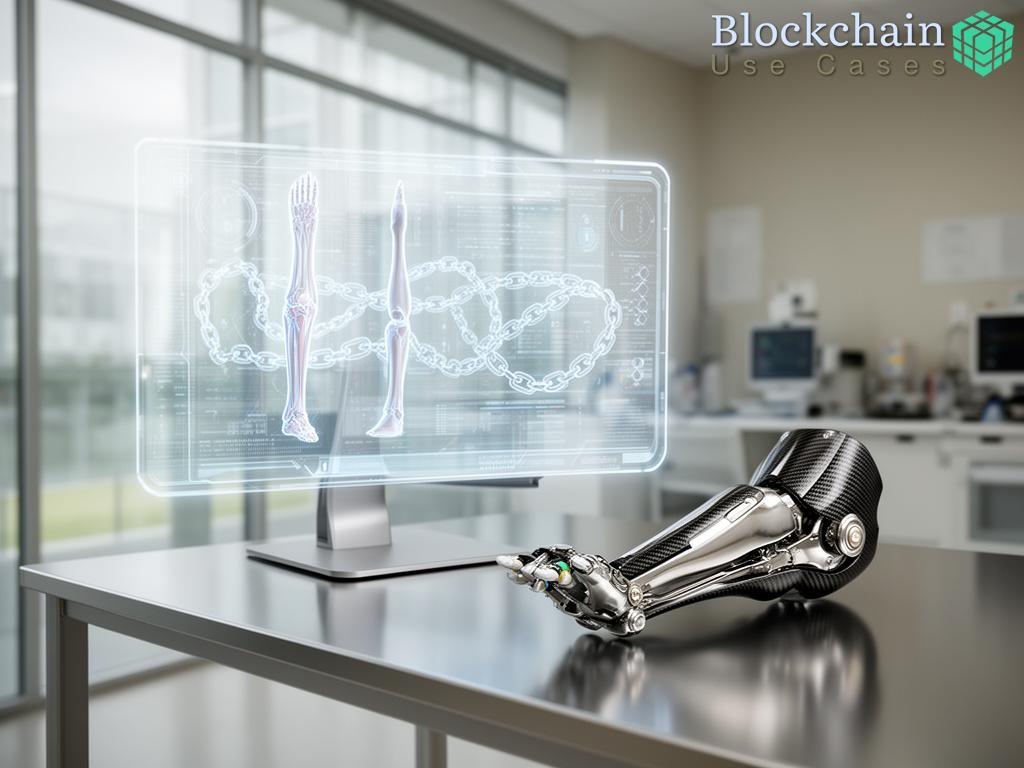Understanding the Challenges in Organ Donation
The organ donation and transplant system faces numerous challenges, including a severe shortage of donors, lack of transparency, and inefficiencies in matching donors with recipients. Traditional methods often lead to delays and discrepancies that can cost lives. The integration of smart contracts offers a transformative solution that addresses these issues head-on.
How Smart Contracts Can Enhance Transparency and Efficiency
Smart contracts are self-executing contracts with the terms of the agreement directly written into code. By utilizing blockchain technology, these contracts ensure that all transactions are secure, transparent, and immutable. In the realm of organ donation, smart contracts can streamline the entire process, from donor registration to organ matching and allocation.
- Improved Matching Process: Smart contracts can automatically match donors with recipients based on predefined criteria, reducing wait times and increasing the likelihood of successful transplants.
- Enhanced Transparency: All transactions and agreements are recorded on a blockchain, providing a clear and tamper-proof history of the organ donation process.
- Automated Compliance: Smart contracts can ensure that all legal and ethical guidelines are followed, minimizing the risk of fraud and unethical practices in organ allocation.
Future Prospects: A New Era for Organ Donation
As the technology matures, the potential for smart contracts in organ donation and transplant management will only grow. The healthcare industry must embrace these innovations to solve the pressing issues of donor shortages and inefficiencies. By doing so, we can create a more effective, equitable, and humane organ donation system that ultimately saves lives.





